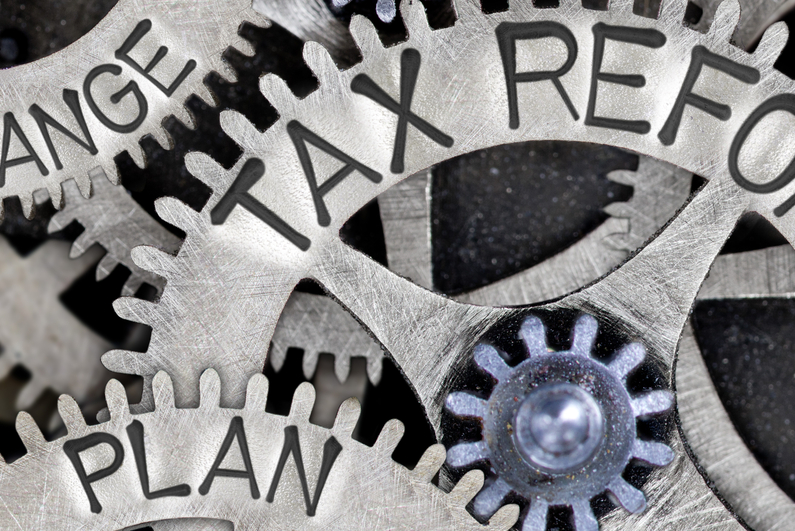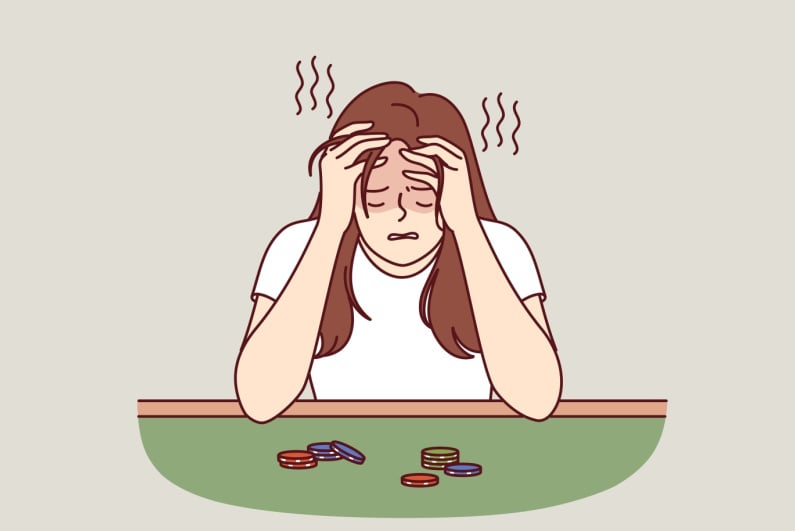It has been a busy week for the gambling sector in the Republic of Ireland. First, the country overturned a decision to classify loot boxes as gambling, and now the government is thinking of doubling gambling taxes in a new fiscal plan announced next Tuesday.
Although it has not yet been completely published, the proposed tax has people talking, although not all believe it is a bad thing.
The tax issue
There is no doubt that this proposed increase in gambling taxes from 1% to 2% of betting turnover is a revenue-making scheme for the government. It is expected that more details will be revealed when Finance Minister Paschal Donohoe divulges the full fiscal plan for 2019.
Even though gambling taxes are a relatively small part of the €3.4bn ($3.9bn; £3.1bn) budget, the additional increase is expected to offer an additional €50m ($57.42m; £44.25m) per year in revenue for the government. The claim is that this money will be used to fund various gambling and vulnerable user programs.
There is some speculation that the additional tax could also fund the country’s established and highly recognized racing industry.
At the heart of the increase, a political battle rages.
Tax hike
The budget is subject to further debate by legislators, but some will say it is already a victory for the Independent Alliance. The four members, Shane Ross, Finian McGrath, Kevin Boxer Moran, and John Halligan, with their key votes, continue to carry weight in the minority government led by Fine Gael.
During talks in budget negotiations during the summer, the alliance pushed for a doubling of tax revenue, with any additional cash going to fund gambling treatment, so this announcement will be a huge step forward for them.
In one respect, the gambling industry can breathe a sigh of relief, as it isn’t the 2.5% rate that Horse Racing Ireland called for last year.
Still, the bigger issue at heart is whether more substantial tax rates and online betting are responsible for the dwindling numbers of bookies in Ireland; there are just 800 today compared to 1,300 a decade ago, according to the Irish Bookmakers Association.
With betting exchanges currently paying 15% commission on their earnings from punters, it is certainly a contentious issue in the country at a moment which bookmakers believe will leave to further shop closures and job losses.
Loot boxes
Ireland’s whole stance on gambling and gaming is currently in a state of flux, as shown by its recent backtracking on the classification of loot boxes.
In a declaration signed by the Gaming Regulators European Forum, 14 other governments described loot boxes as an element that blurs the lines between gaming and gambling. Despite also signing, Ireland has publicly decided to shy away from labeling loot boxes as having a gambling component.
David Stanton, the Ireland Department of Justice Minister of State, told the Senate that the department does not have a role in regulating how games work or the matter of offering in-game purchases.
While the declaration does not have a legal effect, it does show the concern of gambling authorities about the impact of online gaming. Stanton said: “Where a game offers the possibility of placing a bet or the taking of risk for financial reward within the game, then, in my view it must be licensed as a gambling product.”
Stanton also said that it needs to be understood that, if a game offers in-game purchase options, like loot boxes or skins, that are promoted to players as a way to increase their chance of success, the purchase options are considered a commercial or e-commerce activity, which would fall within consumer law.
The government of Ireland is currently working toward overhauling the country’s gambling laws to create an independent regulatory authority for the gambling industry. This idea has been under consideration for quite some time, as gambling has been under review within an inter-departmental working group.
Proposals from 2013 were recently reviewed for the Gambling Control Bill. The group is getting ready to submit its findings to the government this fall.



